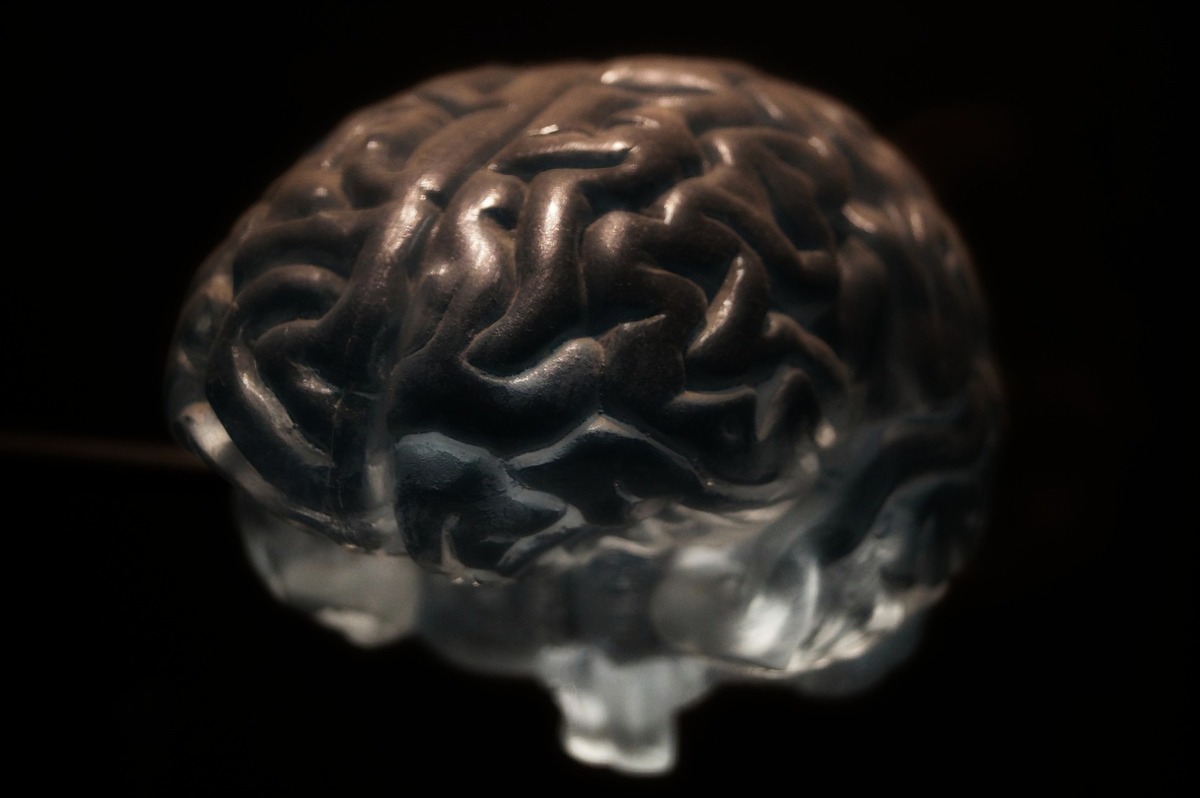You Have the Power to Physically Reshape Your Brain
Neuroplasticity is the idea that you can alter your brain in a physical and mental way by changing its stimuli — which can include environment, behavior, thought patterns or other parts of the body that have an impact on it. While this is a fairly old idea — the term and concept that the brain was not fixed post-puberty was first used in 1890 by William James in The Principles of Psychology — it is only due to the introduction of functional magnetic resonance imaging (fMRI) that we can accurately quantify the effects of different stimuli. So, what are some of the ways we can mould our minds?
THE EFFECTS OF MEDITATION
There have been many studies into the effect of meditation on mental well-being.
Combating mental illnesses as much as anti-depressants: a study by the Johns Hopkins School of Public Health tested the effect of meditation on a variety of mental health issues and found that after eight weeks, it improved anxiety by 0.38, depression by 0.3, and pain by 0.33. While this is not a huge margin, it is as effective as anti-depressant drugs or exercise, which means that doctors have another tool in their arsenal, and can recommend an alternative treatment for those who cannot exercise and/or do not want to take drugs.
Increasing grey matter and combating aging: a study in Frontiers of Psychology shows that meditation can increase the volume of grey matter in the brain significantly. Florian Kurth, a University of California Postdoctoral Scholar in Neurology, one of the authors of the study, said, “We expected rather small and distinct effects […] what we actually observed was a widespread effect of meditation that encompassed regions throughout the entire brain.” This was enforced by Sara Lazar, a neuroscientist at Massachusetts General Hospital and Harvard Medical School, who found that “in this one region of the prefrontal cortex, 50-year-old meditators had the same amount of grey matter as 25-year-olds.” In a world that researchers estimate will see 115 million people suffering from dementia by 2050, meditation could be a non-drug dependent treatment for those experiencing the disease.
Decreasing selfishness: a study carried out at Yale showed that activity in the Default Mode Network was decreased by meditation. The Default Mode Network is the part of the brain associated with mind-wandering and often leads to self-referential thoughts. It was “relatively deactivated” in experienced meditators, increasing their level of concentration, loving-kindness, and choiceless awareness through specific meditation methods. In a world that sometimes seems to be driven by selfishness, meditation may provide a way to remind ourselves of others.
Overcoming smoking addiction: a study by the Psychology Department at the University of Texas has found that “among smokers, 2 wk of meditation training (5 h in total) produced a significant reduction in smoking of 60%” and that it also had a positive impact on self-control. Millions of deaths a year are caused by smoking, and hundreds of dollars are spent on various treatments; meditation provides a free method that could save both lives and money.
WHAT DOES EXERCISE DO FOR YOU?
Regular aerobic exercise (the exercise that gets you sweaty with an elevated heart rate) has been shown to increase the size of the hippocampus — the area of the brain associated with verbal memory and learning. While it has been known that exercise has positive mental effects, a study at the University of British Columbia (UBC) is one of the first that has shown that “regular exercise of moderate intensity over six months or a year is associated with an increase in the volume of selected brain regions” says Dr. Scott McGinnis, a practicing neurologist at Brigham and Women’s Hospital and neurology instructor at Harvard Medical School. Not all exercise will work though — the study specifies that “resistance training, balance and muscle toning exercises did not have the same results.”
Exercise benefits the brain in many ways. It stimulates growth factors, which are chemicals in the brain that are connected to brain cells’ health, growing new blood vessels, and creating new brain cells It improves mood and sleep patterns along with helping with anxiety and stress reduction (all these areas affect your cognitive power). The best part of the UBC study is that it focused on one of the easiest methods of exercise: walking. Those who participated in the study saw results from going for a brisk, hour-long walk twice a week. It’s recommended that you get 150 minutes of moderate exercise a week, which is less daunting if you consider that’s only 21 minutes a day.
Exercising your body will exercise your brain too — it’s a win-win.
Source: futurism
“You Have the Power to Physically Reshape Your Brain”


